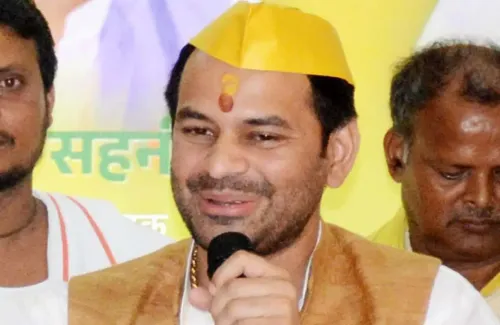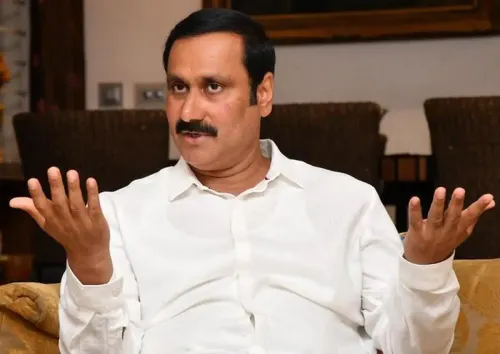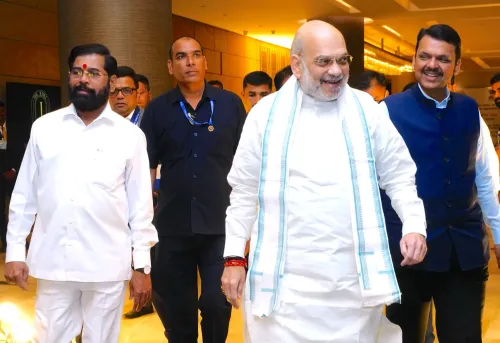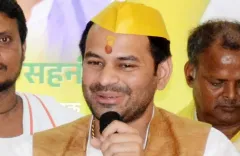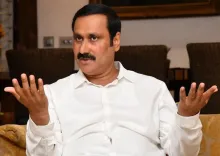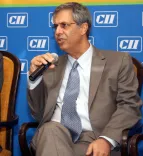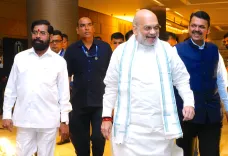How Did BJP and JD(U) Praise Shashi Tharoor's Insights on the Emergency?
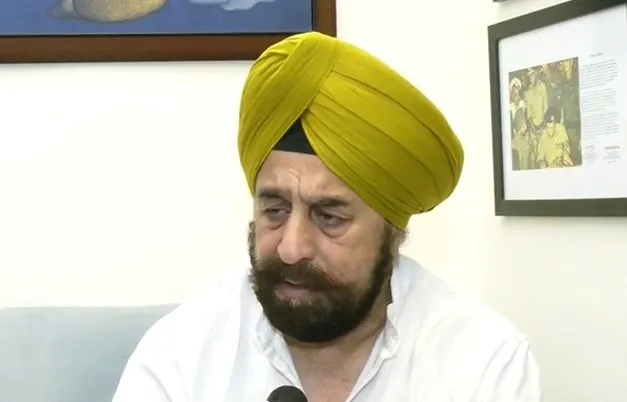
Synopsis
Key Takeaways
- Shashi Tharoor's article provides crucial insights into the Emergency period.
- The Emergency is a stark reminder of the perils of unchecked power.
- Bipartisan praise highlights the importance of historical reflection.
- The lessons from the Emergency remain relevant in today's political climate.
- Engaging in dialogue about civil liberties is essential for democracy.
New Delhi, July 10 (NationPress) Senior Congress leader Shashi Tharoor has received uncommon accolades from political rivals, including the BJP and Janata Dal (United), following his insightful commentary on the Emergency period published in a Malayalam newspaper.
Tharoor contended that the Emergency should not merely be viewed as a “dark chapter” in Indian history but rather understood for the vital lessons it imparts — particularly regarding the misuse of authority under the guise of discipline.
In an article commemorating nearly five decades since the Emergency was enacted, Tharoor underscored how the 21-month timeframe (from June 25, 1975, to March 21, 1977) was tainted by the suspension of civil liberties, press censorship, and excesses committed by then-Prime Minister Indira Gandhi and her son Sanjay Gandhi.
He remarked that attempts to impose order frequently devolved into “acts of cruelty” masked as discipline.
The article garnered rare consensus from both BJP and JD(U) leaders, who lauded Tharoor as a “sensible and intellectually sharp leader” for recognizing the dangers of unbridled political power.
In a statement to IANS, BJP national spokesperson R.P. Singh remarked, “Everything Shashi Tharoor articulated is absolutely correct. We must learn from the Emergency. During that time, the media faced repression, the judiciary was silenced, and citizens were stripped of their right to voice their opinions. This authoritarian tendency still lingers within the Congress — recall how Rahul Gandhi once publicly tore up Ordinances, and Sonia Gandhi continues to exert influence behind the scenes. Tharoor's piece serves as a reminder of our progress. Today, under Prime Minister Narendra Modi, citizens enjoy complete freedom, and India is advancing.”
JD(U) national spokesperson Rajiv Ranjan also responded positively, praising Tharoor.
“This is the narrative of Indian politics — resistance against tyranny. Back then, numerous Congress leaders opposed Indira Gandhi’s Emergency. No Congress leader today has the fortitude to justify that decision. Shashi Tharoor’s reflection displays maturity. He is a sensible and intellectually sharp leader. Even after 50 years, the Emergency still sends chills down our spines. It’s a chapter no democrat can take pride in,” he told IANS.
The Emergency was proclaimed by then-President Fakhruddin Ali Ahmed under Article 352 of the Constitution, citing “internal disturbances” and following Indira Gandhi’s conviction by the Allahabad High Court for electoral misconduct. The ruling, issued in a case initiated by socialist leader Raj Narain, disqualified her from Parliament, leading to a political crisis that resulted in the Emergency.
During this period, the government enacted the oppressive Maintenance of Internal Security Act (MISA), suspended fundamental rights, imprisoned opposition leaders, and imposed extensive censorship. The 38th Amendment rendered the emergency declaration immune to judicial scrutiny — a clause later overturned by the 44th Amendment in 1978.

